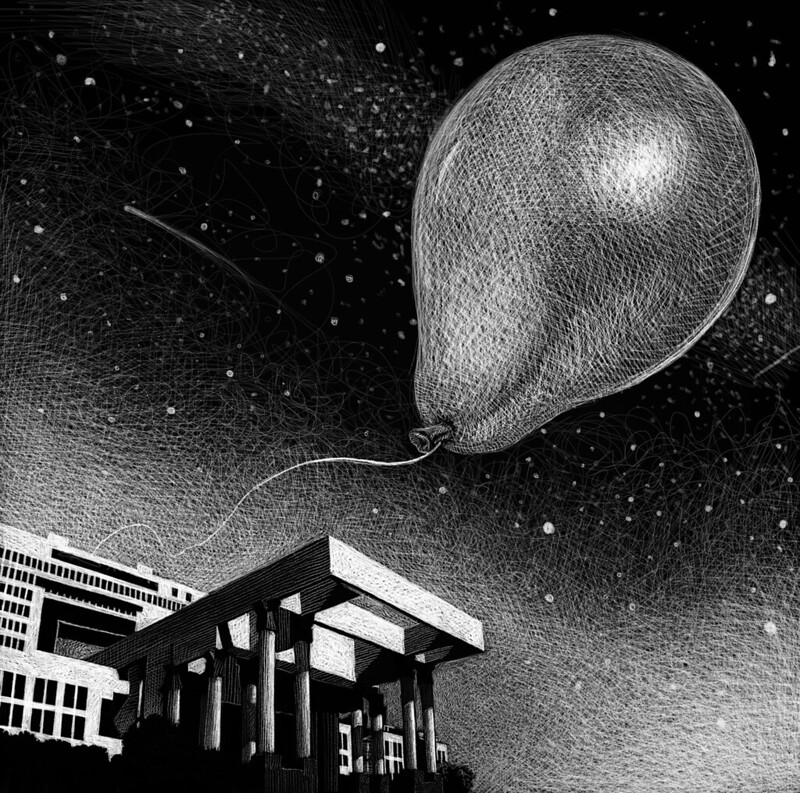Political situation
The cold numbers of an election, in this case a constitutional plebiscite, throw up different readings, some more histrionic than others, with the eagerness to steal the limelight and appear for a second more on the screen, like a harlequin creator of realities.
The numbers of the plebiscite, where the electoral roll is made up of 15,406,352 voters (source www.servel.cl), a total from which it can be deduced that the “against” option reached around 56% and the “for” 44% (in the third constitutional plebiscite in three years) and that the parties, alliances and government read to their advantage, and the odd thing is that they did not appropriate the triumph.
What they did appropriately was the constituent power, and they closed the door to the popular mandate to generate a new constitution. The current legislation does not contemplate mechanisms or ways of demanding that the authorities keep their word; thus making it easier for them not to have fulfilled the needs in health, education, housing, and work/pensions; banners with which many of those who today hold positions of power were elected. And the people know it.
This historical tendency of “the politics of agreements” after the civil-military dictatorship is what Felipe Portales, a sociologist at the Catholic University, reveals in a press article: “The leadership of the Concertación accepted that the quorums for simple laws be upwarded to an absolute majority in both chambers, but without eliminating the appointed senators, with which it would lose its secure parliamentary majority”. “The basic explanation is revealed by Boeninger himself when he points out that the leadership of the Concertación reached, at the end of the 1980s, a convergence (with the economic thinking of the right) that the opposition conglomerate was politically unable to recognize (Democracy in Chile. Lecciones para la gobernabilidad / Edit. Andrés Bello, p. 369). Thus, if the Concertación had had a simple parliamentary majority since March 1990! it would have been left naked before its base in its total unwillingness to make profound changes in labor, trade union, health, tax, and university legislation and, in general, in all the economic and social structures imposed by the dictatorship and which did not require a super-majority quorum to modify them. Instead, by underhandedly giving away that majority, they were able to blame the fact that they did not have a majority for not being able to make those changes, and that was precisely the litany that we have listened to for more than thirty years!
And today, they are unwilling or unable to draft a new constitutional charter that supports the interests of the people?
It is demonstrated, in the daily business of the political/business caste, that they do not want to do so.
The “accommodation” of parliamentarians, by changing or resigning from the party that got them elected, without exception, responds to personal and/or business interests, and not those of the people who voted for them; an electorate that continues to accumulate anger, impotence, frustration, and violence due to the abandonment and helplessness in which they find themselves as citizens. It is enough to review the legislative agenda of the parliament and government to realize the path they have charted: criminalizing demands and social protest. They tried to constitutionalize the AFP, Isapres, and everything that deepens the model, thus denying rights and guarantees to citizens.
This shows that the people are in a kind of constitutional helplessness, which will not be remedied or addressed in the short or medium term, by the transversal “Party of Order” and its “Sheriffs” who, according to the results of the vote, the only thing they see, are possibilities for a relative or friend to come to power and thus maintain “the change that does not change anything”. And people know it.
Common sense electoral requirements
In this scenario, we will say clearly what needs to be done today (we have already said it formally, before the parliamentary and presidential elections of 2021): it is electorally necessary to repeat the 80 to 20 of the October 2020 entry plebiscite, and for this, the interests of the people must be prioritized, and the interests of each political group must be suspended. This means a list of transversal candidates, including from social movements to the PPD, with the prospect of winning an executive with a parliamentary majority; in short, all against the right. And, by the way, with a program, drawn up by the people in spaces of deliberation and direct agreements, to meet the needs of the people, that is to say, a clear mandate for power. This is possible today (the electoral force has already been tested), what is required is a concrete commitment to party politics. And the people know it.
With much courage, much creativity, and, unfortunately, with too many martyrs, the Chilean people generated two key moments to have a parliamentary majority, for governments, supposedly, not right-wing (Aylwin 1990 – Boric 2021), and in both situations, the political-business caste, betrayed the possibility of solving the basic needs of the majority of wage earners, the retired, unemployed and those who contribute without receiving remuneration. And people know it.
Collaborators: M. Angélica Alvear Montecinos; Guillermo Garcés Parada; Sandra Arriola Oporto; Ricardo Lisboa Henríquez and César Anguita Sanhueza. Public Opinion Commission










